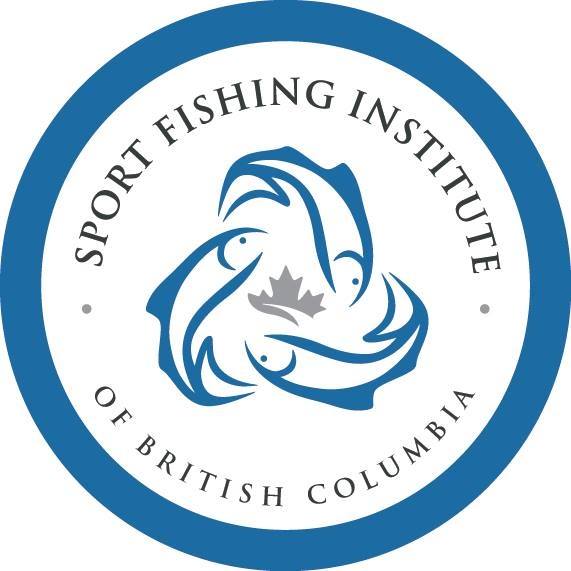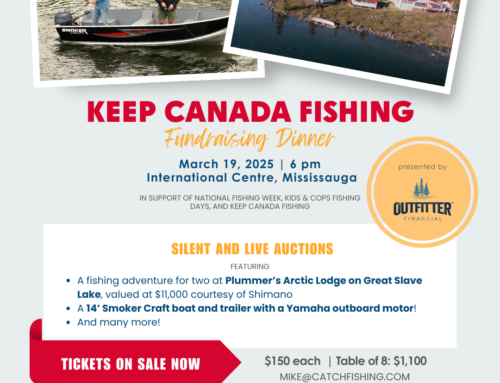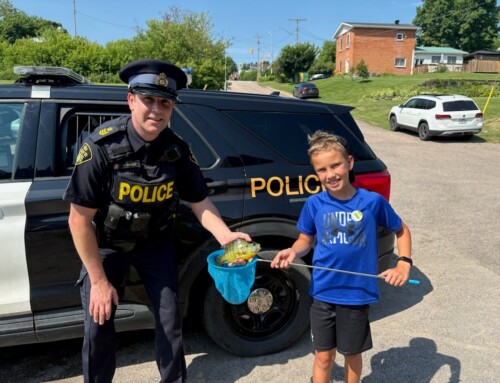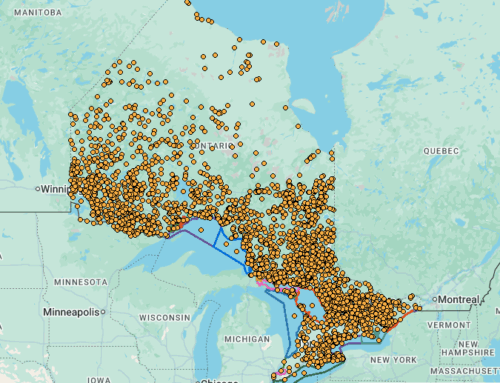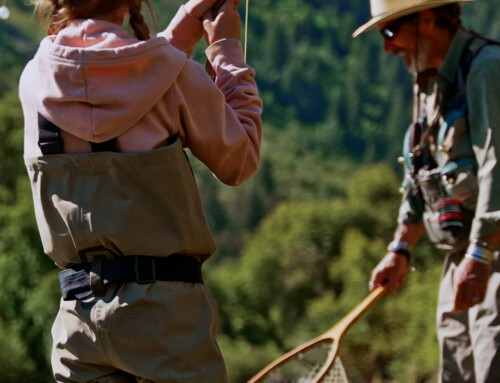July 10, 2019 – A letter to Minister Wilkinson regarding MSF, retaining marked hatchery Chinook and opportunity for the public fishery on the south coast of BC.
The Honourable Jonathan Wilkinson, MP
Minister of Fisheries and Oceans and the Canadian Coast Guard
102 W 3 Street
North Vancouver, BC V7M 1E8
Dear Minister Wilkinson,
July 15th is an important date for recreational anglers across the southern BC coast. Not only does it note nearly 3 months since your announcement of unnecessarily restrictive Chinook non-retention measures in the south coast, it is on that day that many areas of the BC coastline’s world-famous Chinook salmon fishery move beyond rules implemented on April 16th. The change will help to mitigate some of the serious economic damage that’s resulted yet for many coastal communities and areas, notably Juan de Fuca Strait and southern Georgia Strait, the restrictions remain at non-retention until the end of the month.
While those important areas remain closed, the Fraser River will open on the 15thfor harvest of Chinook and stocks of concern. Considering the significantly better than expected returns to the Fraser River, opportunity for retention of either Chinook or hatchery Chinook should be permitted in Georgia and Juan de Fuca Strait at the same time, if not immediately. An adjustment recognizing the better than anticipated returns would reduce the economic harm to the public fishery and misconceptions about the abundance of Chinook salmon in the southern coast.
The damage to reputation and economy of small communities and to the two largest angling communities in the province, Victoria and Vancouver, poses a significant and long-lasting challenge. There are businesses closing, staff laid off, uncertainty and doubt in the marketplace for the future and all this while returns of Chinook to the Fraser River are far in excess of what was predicted. Add that reports of marine abundance of hatchery Chinook in the southern Georgia Strait are described as the best in 20 years.
Despite these positive developments, your department has not provided response or rationale or evidence of adaptability. In meetings held with the SFI and other members of the public angling community, you committed to have your department provide a review and comment on several proposals that would allow for opportunity for the public fishery and not compromise conservation objectives. Rather than flexibility or an explanation, the department has stood silently by a set of rules that are ineffective and unnecessary from a conservation perspective.
Why are the department’s actions unnecessarily harsh? Because there has always been an option to allow recreational anglers to retain a hatchery produced Chinook that would not impact stocks of concern. This opportunity to retain hatchery fish would allow the public fishery and the businesses that support it to have some chance to salvage reputation. Instead, the media and department have chosen to focus only on the sensational details and have created a narrative that has led the public to believe that there are no fish or there is no fishing on coastal BC. This, of course could not be further from the truth. The coast is enjoying, as noted earlier, some of the best fishing for Chinook in recent memory. The public fishery and small communities would greatly benefit from a more accurate depiction of what is happening on our coast. And, opportunity to retain hatchery Chinook would have a significant impact on misconceptions.
All hatchery Chinook produced in the US are easily identifiable on the fishing grounds, as they are “marked” by removal of the non-functional adipose fin. In Canada, only about 10% of our hatchery produced Chinook are marked in this way. As you know, under the current non-retention regime anglers are still allowed to fish for Chinook but anglers cannot keep a Chinook that was produced for harvest and is more than likely from WA state.
To make the lack of flexibility in DFO’s management approach even harder to understand, the test fisheries on the Fraser River indicate 2019 returns well above the dire predictions of the spring. The numbers have placed these stocks at a level of “moderate abundance” compared to historic returns. Not “low abundance”, and certainly not “critically low abundance”, but a moderate return based on historical records. The dramatic increase in abundance is showing up all over the coast, even as far south as California and is likely a function of increased marine survival due to improved ocean conditions. Yet retention of Chinook that are produced to be caught is still not allowed?
The rockslide on the Fraser River is of great concern to all of us. We are hopeful that the impacts of the slide will not pose long term challenges to Chinook and Sockeye migration. However, it is important to note that hatchery stocks of Chinook are not present in the Fraser above this obstacle. The timing of tidal non-retention was to allow those Fraser River Chinook stocks to pass in to the river. The slide should have no bearing on hatchery Chinook retention or regulations in tidal waters.
When the SFI met with you in April and May, you explained it was the departments intent to honour limited food and ceremonial fisheries in the river. The SFI and representatives of the public fishery have never questioned the importance of meeting conservation objectives and support the right of First Nations to access Chinook for important ceremonies and to celebrate culture. So, it came as a disappointment that on a radio interview this past Sunday you explained that constitutionally guaranteed First Nations Food, Social and Ceremonial fisheries were closed, with no gill nets permitted, and used that to explain the necessity for the public fishery to suffer a similar fate through non-retention. The radio interviewer made several attempts to seek clarification on this point and your response remained the same. Yet, according to records posted on the DFO website, there have been over 90 gill net openings on the Fraser River that not only coincide with the presence of the endangered stocks of concern but target them. As the Minister responsible for the fishery, it is deeply troubling that you could make such inaccurate statements and mislead the public on a matter of key importance.
The time is now overdue to accept that hard working Canadian families are suffering needlessly by your departments unwillingness to acknowledge that the dire predictions of the spring were not accurate. And, that conservation objectives can be met while also allowing retention of marked hatchery Chinook in the public fishery. We urge you to rethink the misguided approach, allow for FSC fisheries to continue with relaxed restrictions, and allow for retention of hatchery produced Chinook in tidal waters in BC as soon as possible. These changes, while overdue, will help to demonstrate that your department is willing to adapt to change and provides encouragement and confidence for planning in 2020. In addition, it is critical that discussion between all sectors and the department begin regarding mark selective fisheries, hatchery production, marking practices in Canada and middle and long-term habitat, enhancement, recovery and restoration work.
A first and immediate action should be to amend measures to all effected areas reflecting the better-than-anticipated returns to allow for Chinook or marked hatchery Chinook retention as soon as possible or by July 15. While severe damage has already occurred, the effects of this change might help businesses survive and to work on plans for the future.
In April you told the SFI that you understood the sense of urgency and committed to looking at additional opportunities. Since then we and others in the community have proposed solutions that would help the public fishery sector and would not measurably increase or change risk to the stocks of concern. The department’s response has been to continually delay and defer without explanation. Every day is critical, and we need your help and attention to save BC public fishery business and culture now.
We continue to await your response.
Sincerely,
SPORT FISHING INSTITUTE OF BC

Robert Alcock,
President
CC:
Rebecca Reid, Regional Director General, Pacific Region, Fisheries and Oceans Canada
Fiona Simons, Pacific Desk, Office of the Minister of Fisheries, Oceans and Canadian Coast Guard

